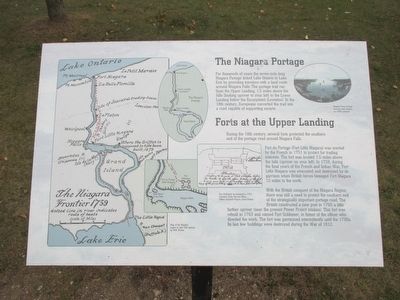Welcome to the Bulltown Historic Area, a significant site nestled in the rolling hills of what is now West Virginia. A place where the echoes of the Civil War still resonate, Bulltown offers a glimpse into America’s tumultuous past. Established in the early 19th century, this area was originally a small settlement along the Little Kanawha River. It was named after Captain Bull, a Delaware chief who lived in the area during the late 1700s.
The most notable event in Bulltown’s history occurred during the Civil War, on October 13, 1863. This was the site of the Battle of Bulltown, a skirmish between Union and Confederate forces. Union troops, led by Captain William Mattingly, were stationed at a fort here to protect the strategic Weston and Gauley Bridge Turnpike. Confederate forces under Colonel William L. Jackson aimed to disrupt Union communications and supply lines. Despite being outnumbered, Mattingly’s forces successfully repelled the Confederate attack, securing Union control of this vital transportation route.
As you explore Bulltown, you might imagine the tension and determination that filled the air during that fateful October day. The area has been preserved to maintain the original fortifications and offers a vivid recount of the battle through its interpretive trails and markers.
Over time, Bulltown evolved from a military post to a peaceful community, but its significance in the Civil War remains a poignant reminder of the region’s strategic importance. Today, visitors can walk the grounds where soldiers once stood, visit the museum to see artifacts from the era, and participate in living history events that bring the past to life.
The broader historical role of Bulltown extends beyond the battlefield. It represents the enduring struggle for control of the Appalachian region during the Civil War, a key area for both sides due to its transportation routes and natural resources.
So as you walk or drive through Bulltown, take a moment to reflect on the resilience and courage of those who came before us, shaping the course of American history.


